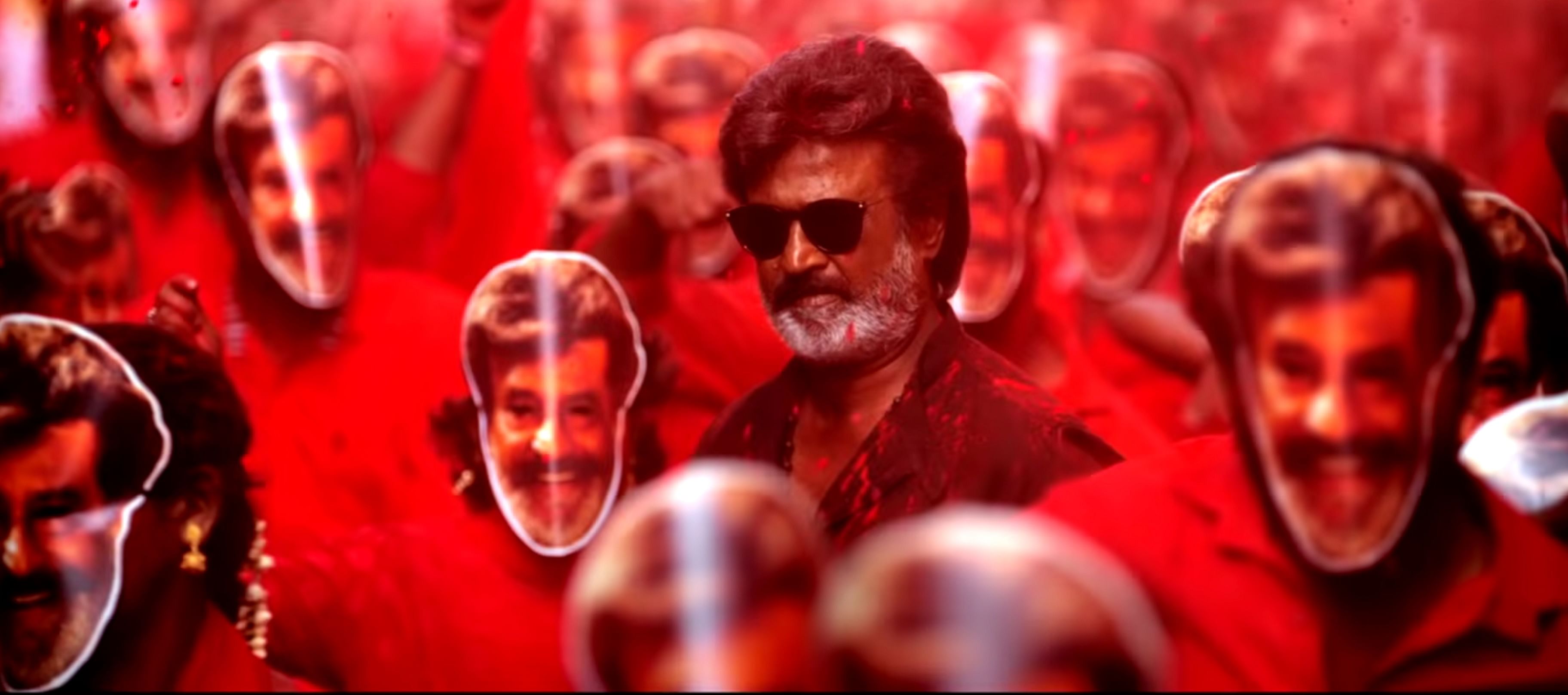
For decades, fans had invested political significance in a Rajinikanth punch line, ‘Even if I come late, I will come latest.’ Turns out it was a promise he couldn't keep.
After dithering for years, Rajinikanth announced in 2017 that he would enter politics. In 2020, he said his party would contest all Assembly seats in Tamil Nadu. He then took a U-turn and retired even before he had contested a single election. After padding up and triggering a spectator frenzy, the 70-year-old ‘thalaiva’ quietly walked back to the pavilion, citing poor health.
Not that politicians are abandoning him yet: the Modi government chose him for India’s biggest cinema honour, the Dadasaheb Phalke award, just six days before Tamil Nadu went out to cast its vote. BJP leaders now speak of him with the reverence they reserve for political players in saffron robes. His journey from bus conductor to superstar is the stuff dreams are made of and has already made it to a school textbook. But from potential chief minister to quasi saint, Rajinikanth has travelled a quick, reluctant and, by all accounts, tortuous route.
Why has India’s biggest box office phenomenon fizzled out so unremarkably in politics? The answer could be that Rajinikanth the movie star has cancelled out Rajinikanth the politician. The man with an endearing sense of humour is completely out of sorts as a leader who must respond with gravitas to events as they unfold. The hero who set the screen on fire with rousing dialogues has embarrassingly mumbled his way in and out of politics.
In the case of his predecessors in Tamil cinema — Karunanidhi, MGR and, to a smaller extent, Jayalalithaa — cinema and politics were of a piece. What they espoused on screen was what their politics represented. They rode to power on Periyarist ideals, asserting Dravidian and working-class pride, resisting Hindi, and questioning caste privilege. The clear, consistent messaging in their films fuelled their rise in politics. All three became chief ministers.
Rajinikanth, on the other hand, has said one thing in films and another in real life. His political persona contradicts his cinema persona. While his post-2016 films remain largely rooted in Dravidian politics, his politics has veered to the rival camp, the Hindu right. In fact, Tejaswi Surya, the Bengaluru South MP who campaigned for the BJP ahead of the Tamil Nadu elections, said his party’s agenda was to put an end to Periyarism. Such is the confusion in the north about what Rajinikanth represents that a fairness cream picked his film 'Kabali' as a ‘brand partner’. Mumbai and Delhi see him as a larger-than-life figure with the magical power to sell anything. They just don’t get it.
Colours are used ironically in 'Kaala', a politically charged 2018 film starring Rajinikanth directed by Pa Ranjith. The feisty Karikaalan, who represents the poor in the slums of Dharavi in Mumbai, wears black all the time, while Hari dada, the thug-politician played by Nana Patekar who wants to ‘cleanse’ the city and make it ‘pure’, wears white. Black is good and white is evil, challenging conventional portrayals. ‘What a filthy mind!’ says a sneering Kaala, when Hari dada runs down black and equates it with dirt.
As a character, Hari dada combines the rhetoric of Bal Thackeray and L K Advani. He hosts a Ramayan session that celebrates violence against ‘dark and demonic’ forces, paints Kaala as Ravana, and window-dresses his politics as patriotism. Hari dada has eyed Dharavi for years for its real estate. He deploys all tricks to this end, killing innocent people, setting their homes on fire, and instigating religious riots. What his alliance promises — a mall and golf course among other things — is packaged as an upgrade over what the poor in Dharavi want — a playground for football and cricket and homes that allow them basic privacy.
'Kaala' brings to mind another iconic gangster in Tamil cinema, Velu from 'Nayakan' (1987). The theme is identical: Tamil toilers pitted against a deadly nexus of political and business interests coveting their land. Kaala is additionally a streetfighter who is politically aware: his friends cut across religions and a love interest is Muslim, he prays at a Buddhist temple, and he holds the power to sway elections. Director Ranjit shows Kaala (with the multiple meanings of ‘dark,’ ‘Time,’ and ‘Yama’, God of death) as a tough leader with Ambedkarite leanings. Kaala’s admiration of communism is no secret either: one of his sons is named after Lenin. In 'Kabali' (2016), also directed by Ranjith, Rajinikanth champions the cause of Tamil plantation labourers in Malaysia, and spends 25 years in jail before he returns to avenge the many injustices his people have faced. In the climax of 'Kaala', the villainous Hari dada is defeated by the swirling colours of black, blue and red, the last two being metaphors for Ambedkarism and communism.
Contrast all this with Rajini’s statements when protests were raging against the Kudankulam nuclear plant and the Sterlite factory in Thoothukudi. “Too many protests will make Tamil Nadu a graveyard,” he said, drawing support from business spokespeople such as Mohandas Pai. All along, Rajini has only echoed central and state government sentiments, describing protesters against police violence as ‘anti-social elements.’
The Dadasaheb Phalke award is a richly deserved recognition of Rajini’s work in cinema. It also underlines another truth: he has no stomach for the resistance his films celebrate.